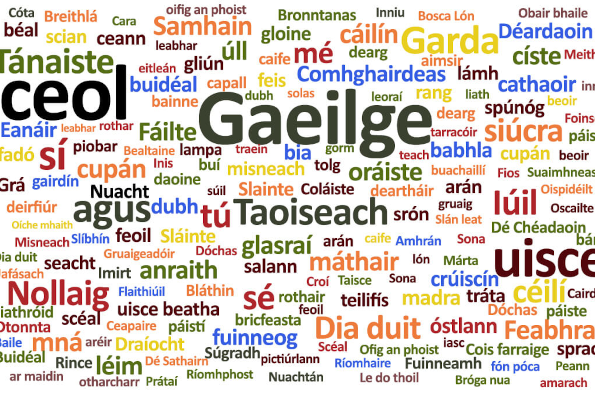
The Irish Language in 2022 / An Ghaeilge sa Bhliain 2022 (LONDON)
- Viola Segeroth
- Suitable for: The event is suitable for anyone interested in the Irish language, talks will be in English or in a mix of both English and Irish.
- Admission: £5 please book at https://irishculturalcentre.co.uk/event/the-irish-language-in-2022-an-ghaeilge-sa-bhliain-2022/
- Event website
- Book now
Add this event to my calendar
Click on "Create a calendar file" and your browser will download a .ics file for this event.
Microsoft Outlook: Download the file, double-click it to open it in Outlook, then click on "Save & Close" to save it to your calendar. If that doesn't work go into Outlook, click on the File tab, then on Open & Export, then Open Calendar. Select your .ics file then click on "Save & Close".
Google Calendar: download the file, then go into your calendar. On the left where it says "Other calendars" click on the arrow icon and then click on Import calendar. Click on Browse and select the .ics file, then click on Import.
Apple Calendar: The file may open automatically with an option to save it to your calendar. If not, download the file, then you can either drag it to Calendar or import the file by going to File >Import > Import and choosing the .ics file.
Note: talks will be in English or in a mix of both English and Irish.
This event is organised in conjunction with the Institute of Irish Studies, University of Liverpool, and supported by An Roinn Turasóireachta, Cultúir, Ealaíon, Gaeltachta, Spóirt agus na Meán / The Department of Tourism, Culture, Arts, Gaeltacht, Sport and Media.
